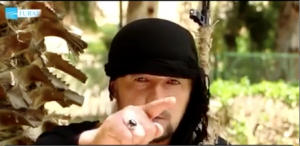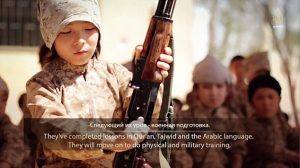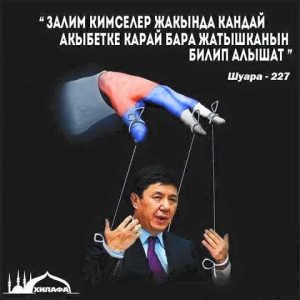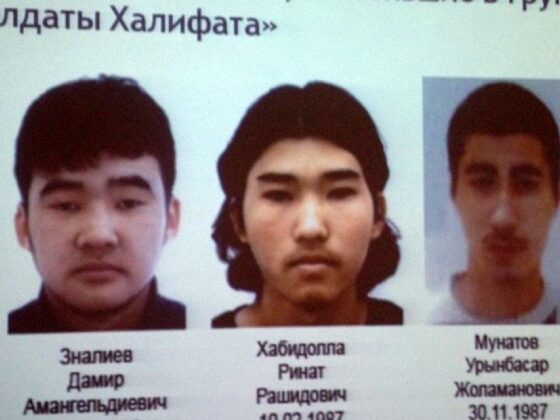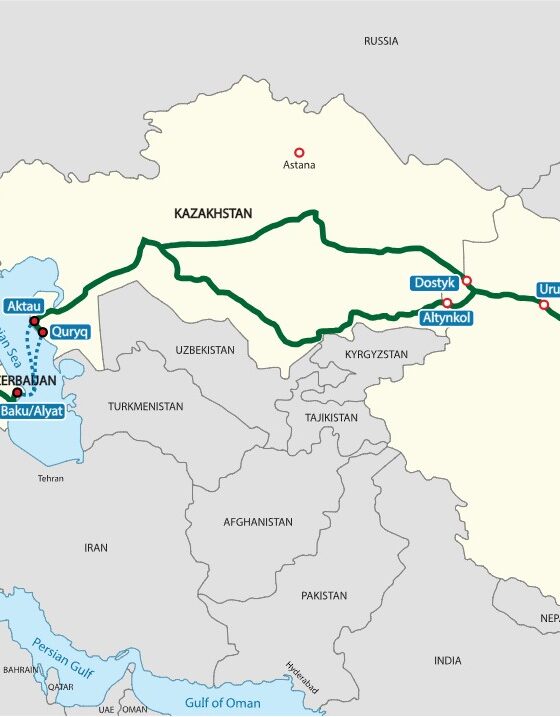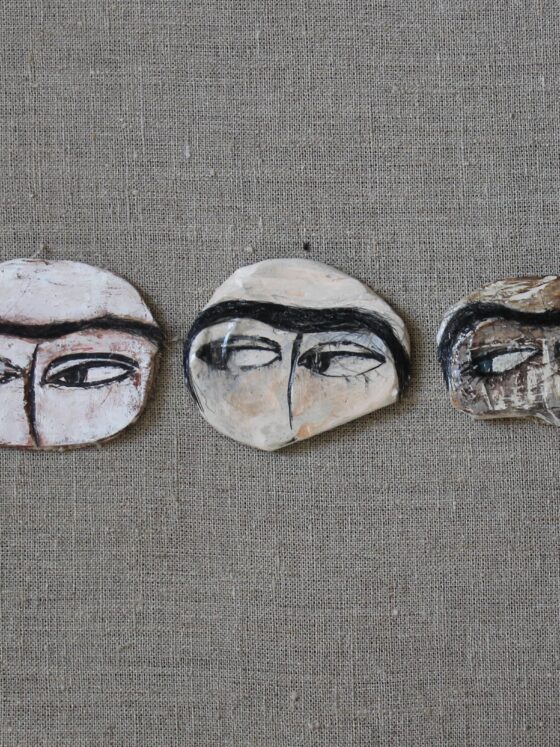CERIA Briefs 11-15, February 2016
By Noah Tucker
This series of policy papers from the CERIA initiative that examine state and public responses to ISIS and its recruiting efforts in each of the Central Asian states, including Turkmenistan. Comparing and contrasting the perhaps surprisingly different strategies used by ISIS members recruited from each of the states to message their compatriots, the series examines state countermessaging/security strategies, public responses to ISIS and their own government, and attempts by other external actors – Russia in particular – to influence this discourse for its own purposes.
The series finds that as in the past, the threat of an external Islamist extremist group is largely being instrumentalized by multiple actors in order to tighten control over society and politics, often creating ripple effects that have much more immediate consequences for the everyday lives of citizens than the threat represented by a foreign group largely embroiled in a far-off conflict. Although this is a familiar dynamic, the strategies embraced by Central Asian governments are not identical (Kazakhstan and Turkmenistan each have unique responses) and are also evolving in response at times to public demand and in what appears to be a genuine attempt in some cases to adopt more successful approaches to countering the influence of extremist recruiters on their citizens.
Finally, the series attempts to identify policy responses to the real threat of extremist social media recruiting and examines the ways in which social media in the region has increasingly become a tool for organized actors to either mobilize violence or reinforce authoritarian social controls instead of producing the democratizing effects for which many had hoped.
Noah Tucker is a CAP associate and Managing Editor at Registan.net. He has worked as a researcher and consultant for non-government, academic, and government clients on Central Asian society and culture for the past ten years. Noah received an MA from Harvard, where he studied Central Asian religious issues, and has lived and worked in Uzbekistan, Russia and Kyrgyzstan and extensively traveled throughout Central Asia and the former Soviet Union.


